Don Sapatkin of the Philadelphia Inquirer has been writing for at least a year about deficiencies in the antiquated Philly system and that even with improvements in inspections, most food establishments don’t publicize even their most positive inspection reports, and no government in the .jpeg) Philadelphia region requires that they be tacked up for easy viewing like a menu.
Philadelphia region requires that they be tacked up for easy viewing like a menu.
Last week, Sapatkin turned his investigative focus to Philadelphia’s hospital kitchens, and found they were far more likely than food establishments as a whole to be out of compliance with food-safety regulations, averaging six violations apiece in their most recent quarterly inspections by the city health department.
The Hospital of the University of Pennsylvania, routinely named among the nation’s best medical centers, was cited 14 times. The largely organic kitchen at Cancer Treatment Centers of America’s Eastern Regional Medical Center in the Northeast had eight violations.
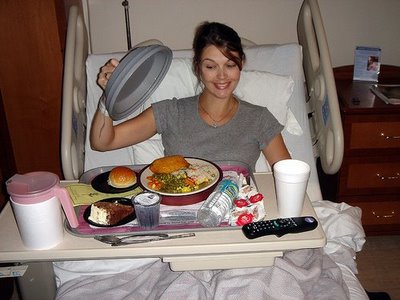 And in New Jersey, Virtua Memorial Hospital in Mount Holly was rated "conditional satisfactory" after inspections in November and last month found several violations.
And in New Jersey, Virtua Memorial Hospital in Mount Holly was rated "conditional satisfactory" after inspections in November and last month found several violations.
"Many live German cockroaches observed on or at base of wall in dish-washing room, dead roaches observed under shelving in paper storage, next to ice machine, and behind refrigerator in vegetable prep area," a Burlington County health department inspector wrote June 28.
All three hospitals said the violations had been quickly corrected.
Food generally isn’t considered when patients choose a hospital. Yet a review of inspection reports from around the region found scores of violations, as well as wide variations in what was cited from county to county. Some evidence suggests that the scrutiny is more rigorous in the city.
Inspections are a far-from-perfect measure of risk: Inspectors found nothing amiss before or after an outbreak sickened 54 people and killed three patients at a Louisiana state hospital in May. And experts say most hospital kitchens go overboard with food safety, cooking so thoroughly to kill microbes that flavors may be lost.
Sheri Morris, food program manager at the Pennsylvania Department of Agriculture, which regulates restaurants and stores but not hospitals, said,
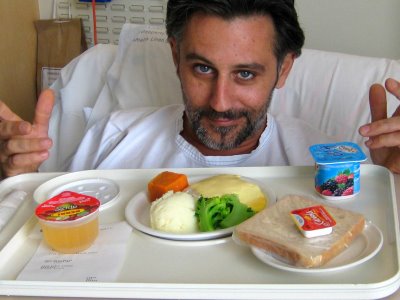 "Anybody who has a compromised immune system is going to be more susceptible to food-borne illness. And hospitals are full of people with compromised immune systems.”
"Anybody who has a compromised immune system is going to be more susceptible to food-borne illness. And hospitals are full of people with compromised immune systems.”
Since inspections are a snapshot of a constantly changing kitchen, they have limited ability to predict either safety or danger. "Just because you went in there and the place had no violations doesn’t mean that 15 minutes later the place didn’t go to pot," said Dennis J. Bauer, food-safety coordinator for the Bucks County Health Department.
.jpg) nursing, confirmed 42 per cent of doctors and consultants had failed to ensure their hands were cleaned properly.
nursing, confirmed 42 per cent of doctors and consultants had failed to ensure their hands were cleaned properly.
 and baked beans. Where’s the protein?”
and baked beans. Where’s the protein?”  which can also give acute kidney failure and change blood chemistry.
which can also give acute kidney failure and change blood chemistry. see a deli that serves an at-risk population with flies on the wall, surfaces that are not easily cleanable, and temperatures in the danger zone. And zero handwashing. These are actual pics from the food service area.
see a deli that serves an at-risk population with flies on the wall, surfaces that are not easily cleanable, and temperatures in the danger zone. And zero handwashing. These are actual pics from the food service area..jpg)
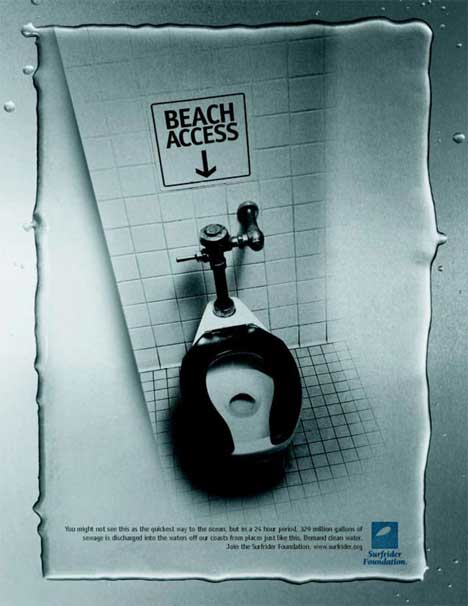 But when the beach at Diamond Point Park in Bemidji, Minnesota, was closed Thursday, I paid attention, because three swimmers seem to have acquired not the fecal coliform, but the far more dangerous E. coli O157:H7.
But when the beach at Diamond Point Park in Bemidji, Minnesota, was closed Thursday, I paid attention, because three swimmers seem to have acquired not the fecal coliform, but the far more dangerous E. coli O157:H7..jpeg) Philadelphia region requires that they be tacked up for easy viewing like a menu.
Philadelphia region requires that they be tacked up for easy viewing like a menu. And in New Jersey, Virtua Memorial Hospital in Mount Holly was rated "conditional satisfactory" after inspections in November and last month found several violations.
And in New Jersey, Virtua Memorial Hospital in Mount Holly was rated "conditional satisfactory" after inspections in November and last month found several violations. "Anybody who has a compromised immune system is going to be more susceptible to food-borne illness. And hospitals are full of people with compromised immune systems.”
"Anybody who has a compromised immune system is going to be more susceptible to food-borne illness. And hospitals are full of people with compromised immune systems.” Although Canada’s track record with ridiculous things said involving listeria is hard to match.
Although Canada’s track record with ridiculous things said involving listeria is hard to match.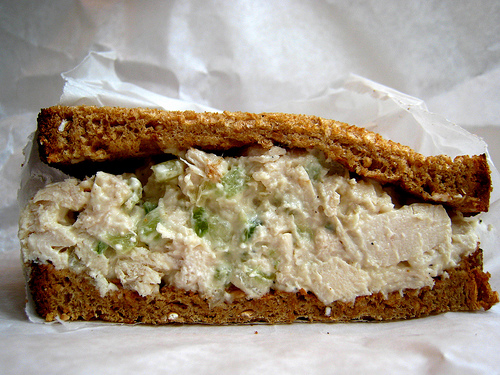 Louisiana State Hospital in Pineville.
Louisiana State Hospital in Pineville.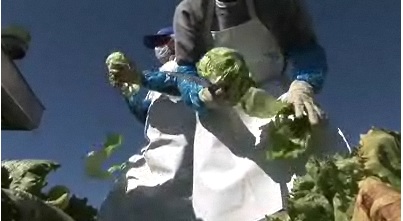 "Four reports in two business days is unprecedented for us. … Two out of the four were hospitalized. … At this point, we don’t have a common link for those four individuals."
"Four reports in two business days is unprecedented for us. … Two out of the four were hospitalized. … At this point, we don’t have a common link for those four individuals." been accomplished via old-fashioned clipboards and note cards.
been accomplished via old-fashioned clipboards and note cards.